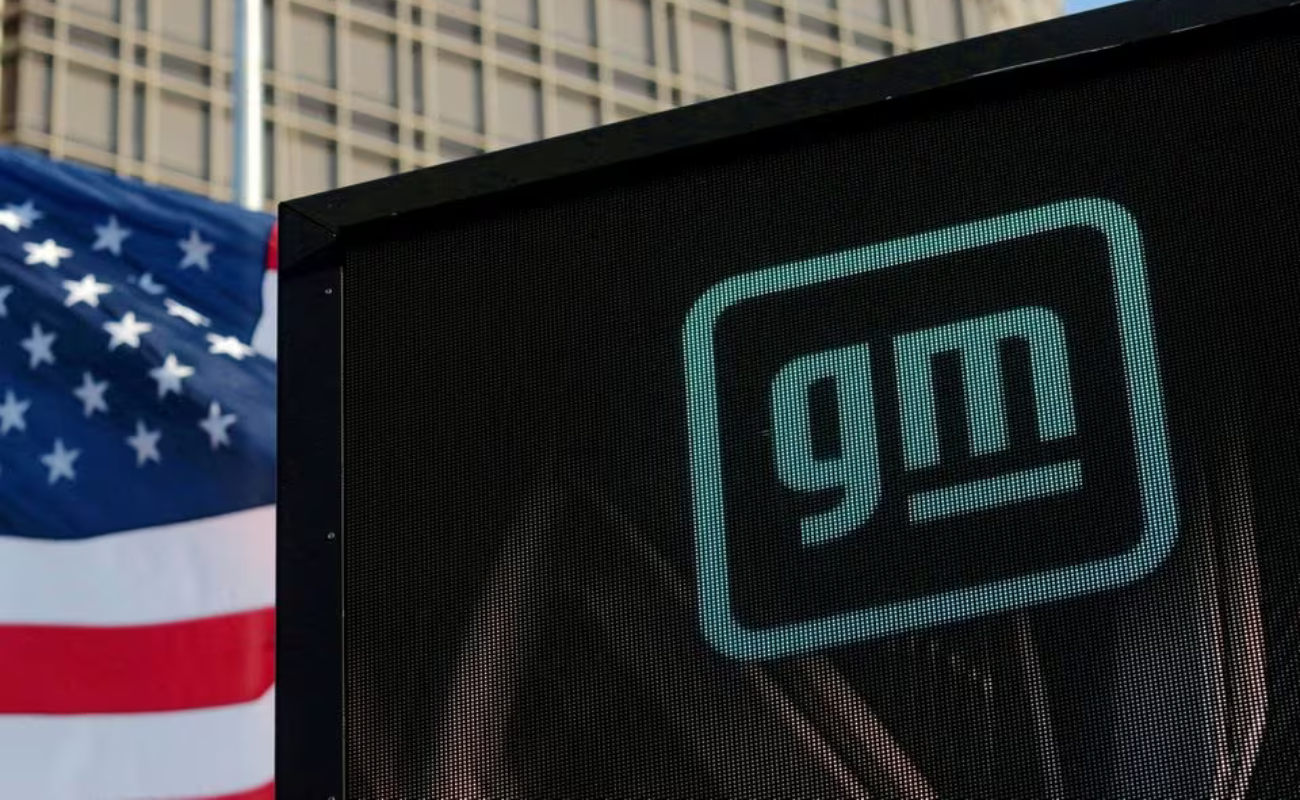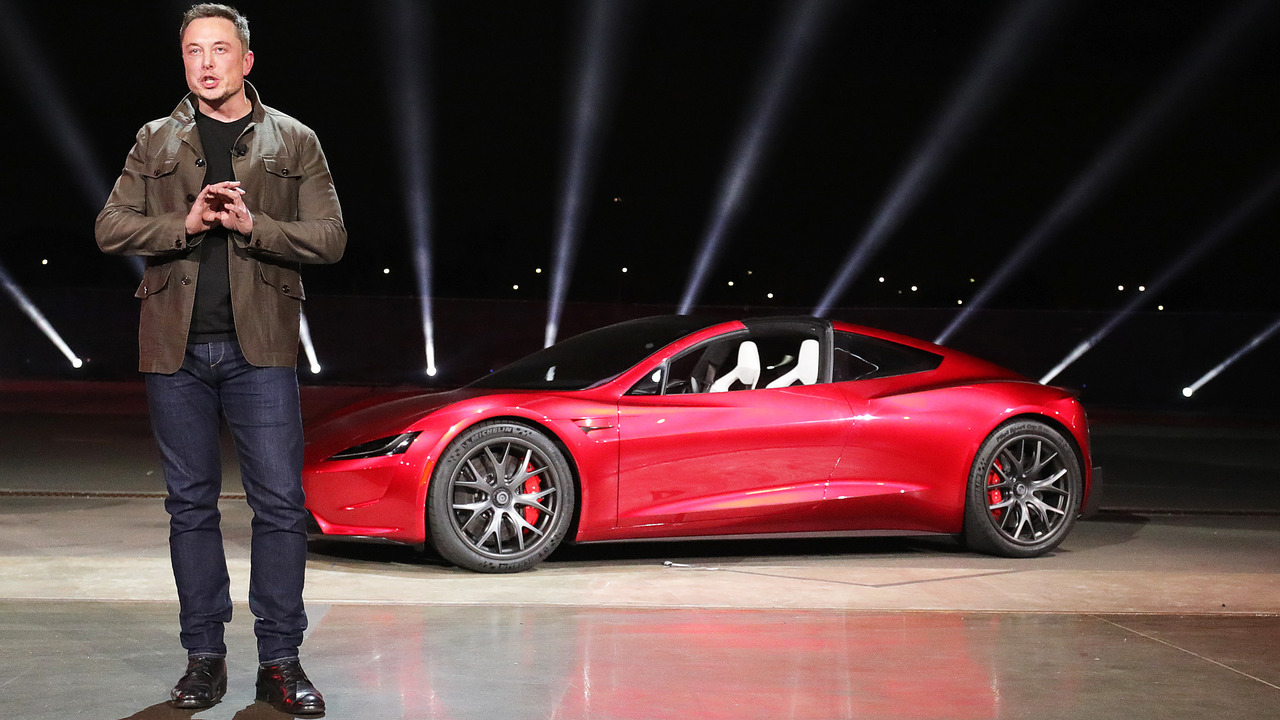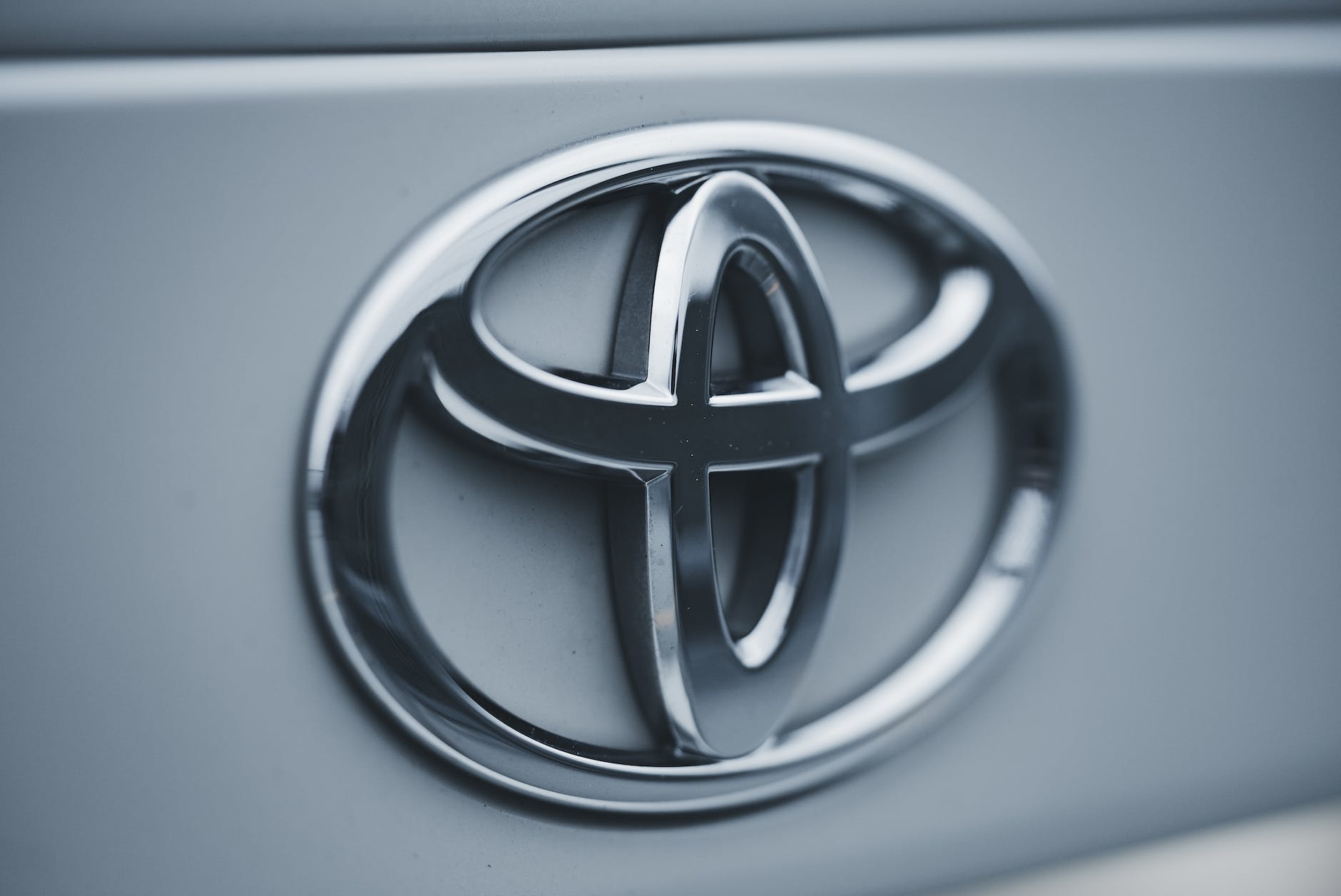Automobile
Airbags on Collision Course: Automakers Clash with US over 52 Million Potentially Faulty Inflators

Millions of drivers across the United States might be clutching a hidden danger in their steering wheels. The National Highway Traffic Safety Administration (NHTSA) is pushing for a massive recall of 52 million airbag inflators, citing a potential risk of rupture and metal fragments flying during deployment. However, automakers and the inflator manufacturers are vehemently opposing the move, setting the stage for a high-stakes safety showdown.
A Shadow Over Safety: The Inflator Problem
At the heart of the controversy lies a specific type of airbag inflator, primarily produced by ARC Automotive and Delphi Automotive. These inflators use ammonium nitrate propellant, which can degrade over time and become unstable under high temperatures. In rare cases, this degradation can lead to the inflator rupturing upon deployment, spewing shrapnel that could seriously injure or even kill occupants.
NHTSA’s concerns stem from an eight-year investigation linking one fatality and seven injuries to these problematic inflators. While the agency acknowledges the low frequency of reported incidents, it argues that the potential consequences are dire enough to warrant a proactive recall.

Drawing the Battle Lines: Industry Pushback
Automakers and inflator manufacturers, however, paint a different picture. They contend that NHTSA’s risk assessment is overblown, emphasizing the lack of widespread accidents or injuries directly attributable to these inflators. Additionally, they raise concerns about the logistical and financial burdens of a nationwide recall, potentially exceeding $1 billion.
ARC Automotive contends that under NHTSA’s estimated failure rate, there would be less than one new rupture over the next 33 years. They argue that such a statistically insignificant risk does not justify the disruption and expense of a recall, urging for continued data monitoring and targeted replacements when necessary.
Balancing Safety and Cost: The Weighing Game
The NHTSA faces a complex balancing act. While prioritizing public safety is paramount, the agency must also consider the feasibility and economic repercussions of its actions. A large-scale recall can be disruptive and costly for both automakers and consumers, potentially impacting vehicle values and repair costs.
Adding to the complexity is the ongoing Takata airbag scandal, which resulted in the largest automotive recall in US history, involving over 67 million inflators linked to numerous fatalities and injuries. The shadow of Takata looms large, as both industry and public remain wary of another potentially costly and disruptive safety saga.
Moving Forward: Navigating the Uncharted Road
The NHTSA is currently reviewing public comments and industry objections before making a final decision on the recall. It is likely to be a protracted process, potentially involving legal challenges and negotiations. Meanwhile, millions of drivers remain in the uncertain position of potentially driving with a hidden risk behind the wheel.
The outcome of this clash between regulators and industry will have far-reaching consequences. It will set a precedent for how future airbag safety concerns are addressed, and it will determine the fate of millions of drivers potentially exposed to a hidden danger. Ultimately, the question remains: will prioritizing safety take precedence over economic concerns, or will millions continue to navigate the road unsure of the safety of their airbags?
Beyond the Headlines: Unanswered Questions and Future Implications
This feature story is just the tip of the iceberg. Several key questions remain unanswered, leaving room for further investigation and analysis.
- Data Discrepancies: Is NHTSA’s risk assessment accurate, or are the true risks of these inflators being downplayed by the industry?
- Alternative Solutions: Are there viable alternatives to a full-blown recall, such as targeted replacements or software updates to mitigate the risk?
- Global Repercussions: Will this issue be confined to the US, or are similar inflators posing potential threats in other countries?
- Future of Airbag Technology: What lessons can be learned from this episode to improve airbag safety and prevent similar situations in the future?
As the story unfolds, it is crucial to stay informed and engaged. Understanding the arguments of both sides and holding relevant authorities accountable will be essential in ensuring the safety of millions of drivers on the road. Only through careful analysis, informed discussion, and proactive action can we ensure that airbags remain life-saving devices, not potential threats.
Automobile
Driving Success: Volkswagen Group’s Resilient Performance in 2023

Introduction
In the ever-changing automotive industry, Volkswagen Group has emerged as a powerhouse, showcasing robust annual results for 2023 with a particularly strong fourth quarter. Let’s delve into the key factors that have contributed to Volkswagen’s success and analyze the implications of their performance.
Volkswagen Group’s Financial Performance in 2023:
Volkswagen Group’s financial performance in 2023 has been nothing short of impressive, with strong revenue growth and profitability. The company’s annual results reflect a strategic focus on innovation, sustainability, and operational efficiency.
Key Highlights of Volkswagen Group’s Annual Results:
- Revenue Growth: Volkswagen Group experienced significant revenue growth in 2023, driven by strong sales across its various brands and regions.
- Profitability: The company’s profitability metrics have shown a positive trend, indicating effective cost management and operational excellence.
- Market Share: Volkswagen Group has maintained and even expanded its market share in key markets, solidifying its position as a global leader in the automotive industry.
Factors Contributing to Volkswagen Group’s Success:
- Product Innovation and Diversification:
- Volkswagen Group’s commitment to innovation and product diversification has enabled it to meet evolving consumer demands and stay ahead of the competition.
- Sustainability Initiatives:
- The company’s focus on sustainability, including electric vehicles and eco-friendly practices, has resonated well with environmentally conscious consumers.
- Operational Efficiency:
- Volkswagen Group’s emphasis on operational efficiency and supply chain optimization has enhanced its competitiveness and bottom-line performance.
Analysis of Volkswagen Group’s Strong Fourth Quarter Performance:
The fourth quarter of 2023 was particularly noteworthy for Volkswagen Group, with key metrics surpassing expectations. Factors such as seasonal demand, new product launches, and strategic marketing initiatives likely played a significant role in driving this strong performance.
Implications of Volkswagen Group’s Performance for the Automotive Industry:
Volkswagen Group’s robust performance in 2023 sends a positive signal to the automotive industry as a whole. It highlights the importance of strategic planning, innovation, and adaptability in navigating challenges and seizing opportunities in a rapidly changing market environment.
Conclusion:
In conclusion, Volkswagen Group’s achievement of robust annual results for 2023, coupled with a strong fourth-quarter performance, underscores the company’s resilience and strategic foresight. By staying true to its core values of innovation, sustainability, and operational excellence, Volkswagen Group continues to set the benchmark for success in the automotive industry.
Automobile
Revolutionizing the Roadster: Tesla’s Collaboration with SpaceX to Unveil the Next Generation Roadster in 2024

Introduction
Amidst the rapidly changing landscape of electric vehicles, Tesla has consistently been at the forefront of innovation and Modernization. With their upcoming collaboration with SpaceX, the anticipation surrounding the launch of the new generation Roadster at the end of 2024 is reaching unprecedented levels. This partnership between two visionary companies promises to redefine what is possible in the realm of electric sports cars.
The Evolution of the Tesla Roadster:
Since its inception, the Tesla Roadster has been a symbol of Tesla’s commitment to pushing boundaries and setting new standards in the automotive industry. The first-generation Roadster, introduced in 2008, was a game-changer, showcasing the potential of electric vehicles with its impressive performance and range.
Tesla and SpaceX: A Dynamic Collaboration:
Elon Musk, the visionary entrepreneur behind both Tesla and SpaceX, has long been known for his ambitious goals and groundbreaking ideas. The collaboration between these two companies represents a convergence of cutting-edge technology and innovation that is set to revolutionize the automotive industry.
The Promise of Innovation:
With SpaceX’s expertise in aerospace engineering and Tesla’s mastery of electric vehicle technology, the new generation Roadster is poised to be a marvel of engineering. From advanced materials to state-of-the-art propulsion systems, every aspect of the vehicle is being meticulously designed to deliver unparalleled performance and efficiency.
Unveiling the Future:
As we approach the end of 2024, all eyes are on Tesla and SpaceX as they prepare to unveil the new generation Roadster. The launch event promises to be a spectacle like no other, showcasing not just a car but a vision for the future of transportation.
Implications for the Industry:
The introduction of the new generation Roadster is not just a milestone for Tesla and SpaceX but for the entire automotive industry. By pushing the boundaries of what is possible with electric vehicles, this collaboration is set to inspire a new wave of innovation and competition among automakers.
Conclusion:
In conclusion, the collaboration between Tesla and SpaceX to introduce a new generation of Roadster at the end of 2024 represents a significant moment in automotive history. With their shared vision for a sustainable future and commitment to pushing boundaries, these two companies are poised to redefine what it means to drive an electric sports car.
Automobile
Toyota Recalls 280,000 Vehicles Over Transmission Issue

Table of Contents
Introduction
In a recent safety concern, Toyota has initiated a recall affecting nearly 280,000 vehicles. The affected models include select versions of Toyota Tundra pickups, Sequoia SUVs, and Lexus LX 600 SUVs. The reason behind this recall is a troubling transmission problem that could have serious consequences for vehicle safety.
The Transmission Issue Explained
The issue revolves around certain parts of the vehicles’ automatic transmissions. When these vehicles are shifted into neutral, these components may not immediately disengage. As a result, some engine power can still transfer to the wheels, causing the vehicles to creep forward at low speeds on flat surfaces. If the brakes aren’t applied promptly, this unintended movement increases the risk of a crash.
Affected Models
The recall specifically covers the following models:
- Toyota Tundra Pickups: Certain units from the 2022 and 2023 model years.
- Lexus LX 600 SUVs: Also from the 2022 and 2023 model years.
- Toyota Sequoia SUVs: These are the 2023 and 2024 model years.
Safety Implications
While Toyota has not disclosed specific incidents, this transmission issue poses a significant safety risk. Imagine a scenario where a vehicle unexpectedly starts moving forward while in neutral—especially in parking lots or other crowded areas. The potential for collisions is evident, making this recall a crucial step in preventing accidents and injuries.
Recall Process and Solution
Toyota dealers will address this issue by updating the transmission software in the affected vehicles. This software update will ensure that the automatic transmissions disengage promptly when shifted into neutral. Owners of the recalled vehicles will receive notifications by late April, and they should promptly schedule a visit to their nearest Toyota service centre for the necessary software update.
Real-Time Data and Consumer Awareness
As of now, Toyota has not reported any specific crashes or injuries related to this transmission problem. However, the recall serves as a proactive measure to address potential safety concerns. Owners should stay informed through official channels and take prompt action to ensure their vehicles are updated according to the recall instructions.
-

 Featured3 years ago
Featured3 years agoThe Right-Wing Politics in United States & The Capitol Hill Mayhem
-

 Elections 20242 months ago
Elections 20242 months agoAnalyzing Trump’s Super Tuesday Triumph and Nikki Haley’s Strategic Moves
-

 News2 years ago
News2 years agoPrioritizing health & education most effective way to improve socio-economic status: President
-

 China3 years ago
China3 years agoCoronavirus Pandemic and Global Response
-

 Canada3 years ago
Canada3 years agoSocio-Economic Implications of Canadian Border Closure With U.S
-

 Conflict3 years ago
Conflict3 years agoKashmir Lockdown, UNGA & Thereafter
-

 Democracy3 years ago
Democracy3 years agoMissing You! SPSC
-

 Democracy3 years ago
Democracy3 years agoPresident Dr Arif Alvi Confers Civil Awards on Independence Day
























